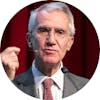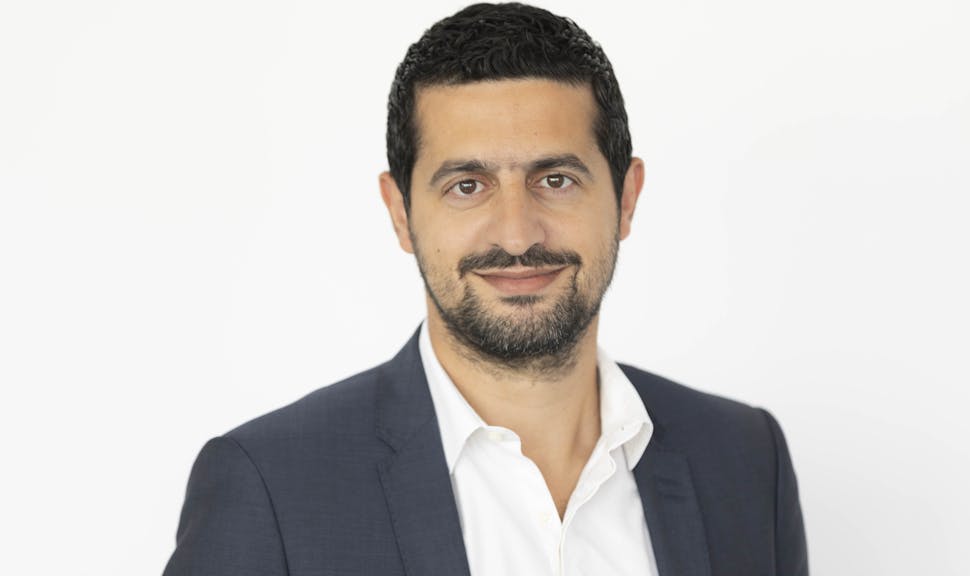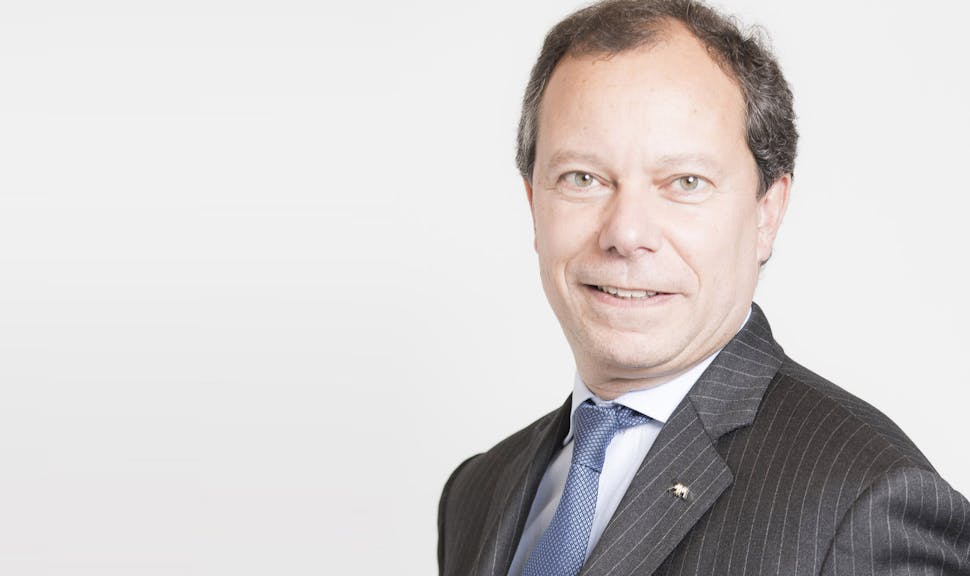

Luigi GuisoAXA CHAIR ON HOUSEHOLD FINANCE AND INSURANCE, EIEF, ITALY
May 25, 2020
The necessity of lockdown and how it affects inequalities
The world is facing an unprecedented global crisis that has requested an unprecedented response. The shutdown measures implemented by many countries have major consequences for our livelihoods, jobs and economies.
4 minutes
A shutdown to avoid catastrophic and lasting damage
The Covid-19 pandemic led to an economic lockdown that was swift, brutal and costly. Three statistics tell the grim story: In the United States, 22 million jobs were lost in three weeks, bringing unemployment to levels not seen since the Great Depression. In China, the contraction in GDP reported for the first quarter represents an annualized decline of 40%, while in Europe, the expected drop is between 20 and 30%.
Before the pandemic, China had averaged per annum growth of 10% since 1978, while Europe’s GDP grew 1.6% in 2019. This severe economic downturn is undoubtedly driven by the lockdown and its impact on employment across sectors. Nonetheless, the shutdown was necessary to avoid even more catastrophic and lasting damage to human lives and livelihoods worldwide. As Professor Guiso notes, The alternative of not locking down would probably have been worse, in terms of deaths and economic downturn… the economy would have naturally locked down in the end anyway.
But as Guiso explains, existing inequality is being exacerbated by this lockdown, whose effects on economies and socioeconomic groups can differ markedly.
Global stability is also being threatened by the pandemic while, most nations are essentially disregarding the issue now as they are focused on their domestic issues,
says Professor Guiso, adding that, at a certain point, our countries [will have to] take a more global perspective.
In addition to the unequal distribution of vital medical supplies today, the competitive search for a vaccine could lead to global instability and a humanitarian crisis tomorrow. The vaccine will most likely be discovered first in Europe, the United States, or China,
which raises questions about who will get it when and at what cost. To avoid amplifying existing inequality and threatening global stability, a plan is needed to make sure the vaccine goes where it is most needed.
according to Professor Guiso.
While based on various degrees of social distancing, countries have responsed in a variety of ways to the crisis. History offers no prior examples of such a sudden and dramatic halt to the global economy. Some countries appear to be faring better than others, though it is still too early to draw any hard and fast conclusions. Asian countries had previous experience with SARS. They already had the infrastructure to deal with the management of a virus spread and they could react promptly,
observes Guiso. Western countries hadn’t faced such events in recent history and therefore were caught off guard. The exceptions can be linked to cultural factors that are specific to certain countries or regions. Sweden, for example, with its relatively healthy population and long tradition of civic-mindedness, has thus far avoided the severe economic disruption of a lockdown.


Exacerbation of inequalities
Regardless of culture or geography, lower income populations tend to be more exposed to health and economic risks. They hold lower-paying jobs that put them in direct contact with others or endure layoffs as they work in sectors most affected by the crisis and must rely on government assistance, when it exists. The self-employed face a similar challenge and, without savings, the only way they can manage the crisis is by accumulating debt or liquidating their assets if they have any. In both cases their wealth depletes.
To further complicate matters, asset values have fallen due to lower demand. Also, the buyers of these assets are people who don’t need liquidity, typically located at the very top of the wealth distribution. These people are buying at low prices today and, when the crisis is over, they will make substantial capital gains.
As a result, the crisis will further exacerbate inequality.
The middle class is more likely to own real estate assets such as homes or small commercial properties. They are hurt by falling asset prices as tenants who have lost jobs cannot pay rent or must renegotiate their lease. Professor Guiso predicts that we will see a lasting increase in wealth inequality: It will be awhile before low and middle-income segments of the populations are able to resume and restore their assets.
Paths to recovery
The long path to economic recovery would require massive testing to identify those who can resume working and those who must isolate. This is currently impossible due to a lack of tools for large-scale rollout. The solution until then is continued social distancing, especially in the workplace, and phased re-opening. Professor Guiso has developed a model that helps define which industries should reopen first using available and emerging data on centrality
of the industry to the economy and the potential to keep employees safe - this allows for gradual reopening that minimizes viral spread while relaunching the economy. Professor Guiso believes that the COVID crisis will entail a potential transformation of production processes” and could also hasten tour embrace of digital technologies, which are cheap, adaptive and fast economic tools.

Marie Bogataj
AXA Research Fund & Group Foresight Director
In response to an unprecedented global health crisis, the AXA Research Fund has formed a Covid-19 Task Force composed of 9 prominent AXA-Chair holders to provide insights to inform decision-making and offer viable paths to mitigation. The Task Force’s scientists shared their expertise in key areas such as geopolitics, economics, health systems, and epidemiology, in an Expert series webinar.
Learn more about Luigi Guiso.



